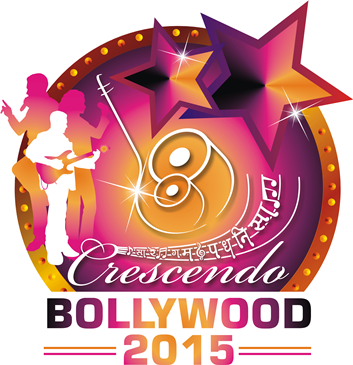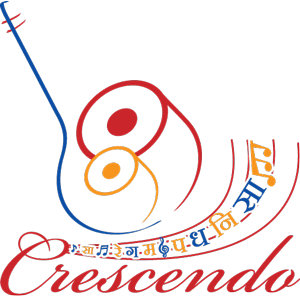| Narayan Shripad Rajhans - Bal Gandharva | ||
|---|---|---|
| Gharana | None - None |  |
| Speciality | Vocal | |
| Guru |
Bhaskarbua Bakhle | |
| Born | Please login to view this information | |
| Died | Please login to view this information | |
| More information at : | Please login to view this information | |
| Short Bio : | Information submitted below has been put here only for educational purpose and has been submitted by community users and users of the site. SwarGanga has not verified any copyright and takes no responsibility whatsoever. If you feel that you own copyright to the material below, please let us know and we will with you on the same. Narayan Shripad Rajhans alias Bal Gandharva was one of the greatest Marathi singers and stage actors. He was famous for his roles of female characters in Marathi Musical plays, since women were not allowed to act on stage during his time. Bal Gandharva got his name after a performance in Pune as an aspiring singer. Lokmanya Tilak, the great freedom fighter and the grand old man of the Indian independence movement was in the audience, and after the performance, reportedly patted Rajhans on the back and said that Narayan was a "Bal Gandharva" which means "Young Gandharva". He was a disciple of Bhaskarbuwa Bakhale. Bakhale scored music for his drama Swayamwar and VidyaHaran. Govindrao Tembe scored music for Manapman. Among the younger lot, Bal Gandharva's composer of choice was Master Krishnarao (Krishna Phulambrikar) who composed music for his plays such as AmrutSiddhi, Menaka, Nandkumar, AshaNirasha, etc. Personal: Narayan Shripad Rajhans was born in Nagthane village in Palus taluka of Sangli district in Maharashtra, India. Bal Gandharva's first wife died in 1940. Bal Gandharva married Goharbai Karnataki (herself a good singer and actress) in 1951. Goharbai was an actress in his drama company. Gohar died in 1964. Theatre Career: Born in an ordinary family, Narayan Rajhans started off with singing bhajans, until Shahu Maharaj, King of Kolhapur noticed him. Shahu Maharaj helped him to get treatment on hearing problems at Miraj. Shahu Maharaj introduced him to Kirloskar Sangeet Natak Mandali, the group which used to promote Marathi musical shows in that era. Bal Gandharva began his career with Kirloskar Natak Mandali in 1905. The company was run by Mujumdar and Nanasaheb Joglekar. After Joglekar's death in 1911, there was discontent about Mujumdar's dictatorial and manipulative style. Bal Gandharva, Ganesh Govind ('Ganpatrao') Bodas and Govindrao Tembe left the company in 1913 to form Gandharva Sangeet Mandali. Bal Gandharva became the sole owner of the debt ridden company in 1921. The debt was paid off in 7 years' time. But the company accumulated debt again over next 6–7 years. Bal Gandharva dissolved the company to make 6 films with Prabhat Film Company but the partnership was dissolved after just one film "Dharmatma" in which he was portrayed in a male role, that of Sant Eknath. Bal Gandharva revived back his drama company in 1937, and soon formed an infamous association with Gohar Karnataki known as Gauhar Bai who joined the company in April 1938. With Narayanrao increasingly ill at ease in female roles owing to his advancing years, the company was looking for an actress to play female roles. His brother Bapurao Rajhans left the company to protest against Gohar's entry in Gandharva Sangeet Mandali and Bal Gandharva's life when it became clear that Gohar would have a major say in the company's stewardship. Bal Gandharva acted in 25 classic Marathi plays and was one of those who were responsible for making Sangeet Natak (musicals) and Natya Sangeet (the music in those musicals) popular among common masses. Marathi stage was facing difficult times after the death of Bhaurao Kolhatkar in 1901. Bal Gandharva revived it. His famous contemporaries include Keshavrao Bhosale (known as "Sangeet-Surya") and Deenanath Mangeshkar. The songs rendered by him are considered as classics and his singing style is greatly appreciated by Marathi critics and audiences. Bal Gandharva died in 1967. He received many honors and awards in his lifetime including "President's Award" or Sangeet Natak Akademi Award, (the highest musical honour in India from the then President of India) in 1955 and Padma Bhushan (1964). |
|
| Disciple tree | Please login to view this information | |
You might also like the following videos we randomly search for you from youtubePlease wait while we randomly search some videos |



